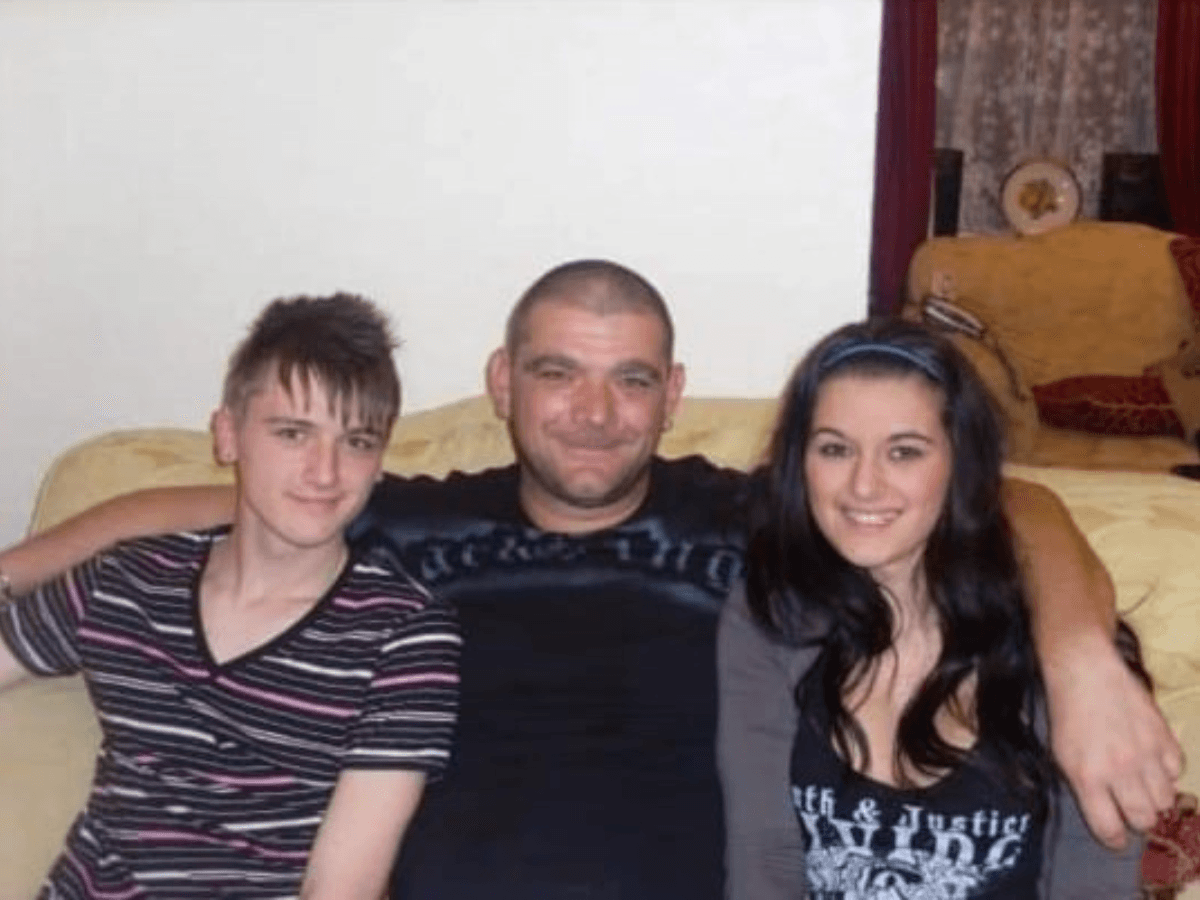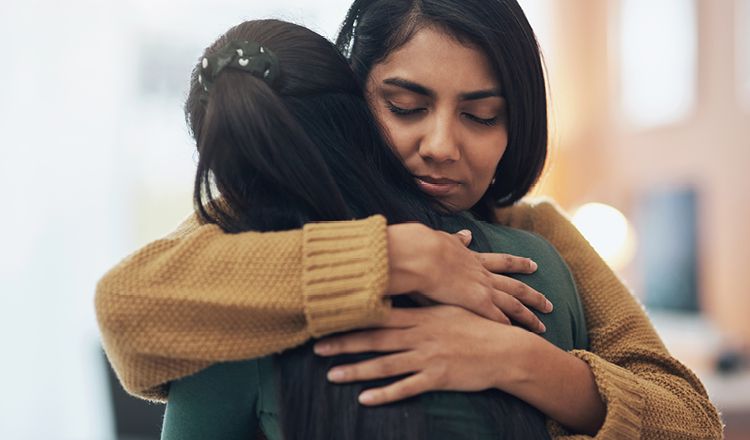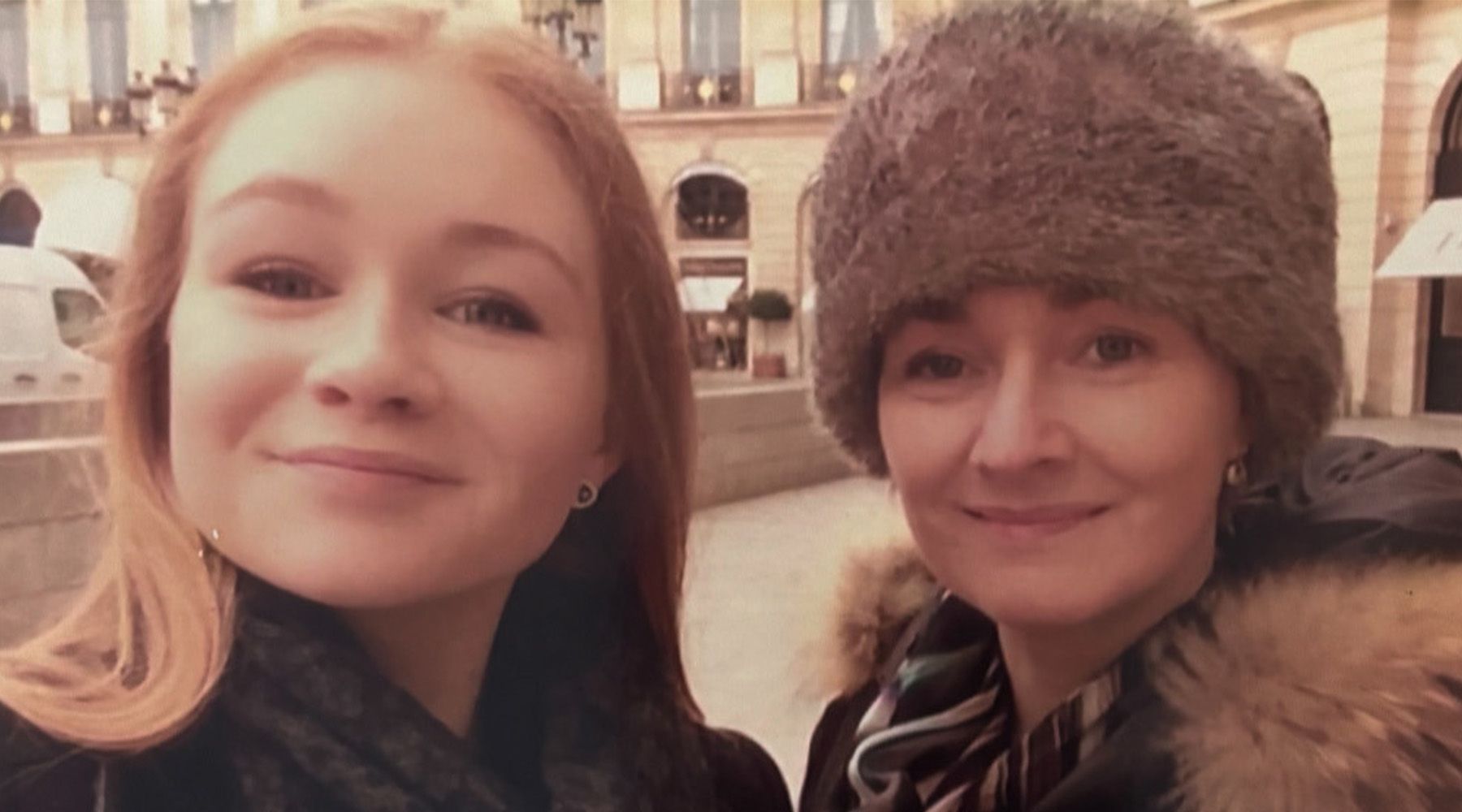People often compare their grief to that of others and can worry that they're grieving too much or too little. In truth, there should be no hierarchy to grief. All feelings are valid.
As a bereavement counsellor, I see all manner of responses to grief. From those who feel guilty about grieving 'too much' for people they might have known for a relatively short time or had only known from a distance, to those who feel like they haven't grieved enough for a family member or friend – that it hasn't hit them yet, or they might just never experience the profound effects that a death seems to have on some other people. These experiences, and others like them, are all valid.
Grief affects different people in different ways. We are all unique, and our life experiences to date have a huge bearing on how we deal with emotional events and loss. You're allowed to respond to a person's death in whatever way feels appropriate to you – no matter where you might feel you sit in society's perceived 'pecking order' of grief.
Whether you were close to the person who has died or you didn't actually know them at all – that doesn't invalidate your emotions and you shouldn't try to minimise them. We don't have to know a person really well to feel blindsided by their death, just as we needn't feel bereft to have lost an abusive partner or absent parent. It's the nature of your relationship with a person that ultimately dictates the kind of grief you have for them – and that might not fit with societal expectations of, for example, a grieving spouse or child.
So much pain
Paul Knox was surprised by the emotions he felt when his estranged father died in March 2019. "We weren't family," says Paul. "We weren't even friends. We barely knew each other. My dad liked to drink. He liked it so much that he would steal from his own wife and family to fund his social life.
"When I was eight, Dad decided to leave us and the UK for life in the Canary Islands. He was on a never-ending holiday, enjoying the nightlife of Tenerife with none of the responsibilities of parenthood. Dad leaving caused me so much pain that I used to wish he was dead."
The emotional and physical distance between Paul and his dad will have informed Paul's grief and resulted in confusing and conflicting emotions when his dad died. It's important that Paul gives himself permission to experience these conflicting feelings – their relationship was complex, so his emotional response will be too.

Paul with his dad and sister
Out of place
In March 2019, Paul got a call to tell him his dad was in a coma – and the outlook wasn't good. He died two days later. At the funeral, Paul found himself in a hearse with his dad's widow and other close relatives. "I felt uncomfortable and out of place, filled with confusion and sadness," he says.
"The people around me were breaking down. During the service, I heard things about Dad's life, both recent and old, that I'd never heard before. I couldn't believe I was at the centre of this grief for a man I barely knew. I was looking forward to the wake – I was finally getting a chance to know Dad better on my own terms.
"But the stories of his life were limited. Mine, my sister and my mam's presence were an obvious reminder of the bad he'd done in his life. His family didn't want to flaunt the great man they knew in front of us. I don't blame anyone for this. Everyone does what they think is the right thing at a funeral."
Waves of grief
Madeleine White was also surprised by her emotional response to the death of her uncle, Steve, in November 2020 – but for different reasons. "Because of covid, it didn't feel real," says Madeleine. "It wasn't until life started to get back to normal that it hit me.
"Recently, we went to the first Watford game since covid. It was the best day and the worst day at the same time. He was very obviously missing. It was like experiencing [my grief] all over again. It comes in waves. Every now and again I'll have a memory, or a song will come on, and it triggers thoughts of him.
"At first that feels good, then I'll remember that he's not here anymore – and that's when the grief hits. It comes in a big wave and sets me back for a few days while I process it."
Madeleine's uncle died during the covid pandemic in the UK. This will have affected the way she grieved for Steve – at times, her grief may have felt more intense, as she was unable to spend time with family, friends and loved ones who might have provided comfort.

Madeleine with her uncle Steve
A lifetime together
While Madeleine and Steve enjoyed going to the football together, she wrestles with the grief she feels. "We did really only see each other every two weeks at the football and at the odd family gathering here and there. Sometimes I feel like my dad deserves his grief more because they had a much closer relationship.
"Dad is particularly stoic as a person. He's very good at talking about how he's feeling when he wants to, but he didn't really talk about [his grief] to me. He seemed to be doing OK. My nanny was similar – she'd talk about my uncle but never really about how she was feeling.
"I felt guilty for feeling so down when the grief hit me. I felt like I wasn't handling my grief as well as my dad or nanny, and their relationships were obviously so much closer than my uncle and mine. They've had a whole lifetime together that I hadn't had. I felt like I should have been able to handle my grief better."
Many people who have experienced loss feel like others are more 'deserving' of their grief or have more 'right to grieve' than they do, based on their closeness to a person who's died. It's important to remember that this isn't the case – that our emotional responses are unique to us and all valid, regardless of what others might deem appropriate.
As an outsider looking in, we should try to challenge our own assumptions about the nature of a person's grief. For some people, the death of a celebrity, a public figure such as the Queen, or a work colleague might feel utterly devastating – while for others, losing a parent or beloved friend could be fraught with emotions other than sadness – such as relief at the end of their pain and suffering.
We should be prepared to respond non-judgmentally to whatever emotions those around us who have experienced loss are feeling.
However you're feeling, you don't have to go through bereavement alone. If you'd like to speak to someone, call our Support Line on 0800 090 2309 or look at our online information for people who've experienced a bereavement.




